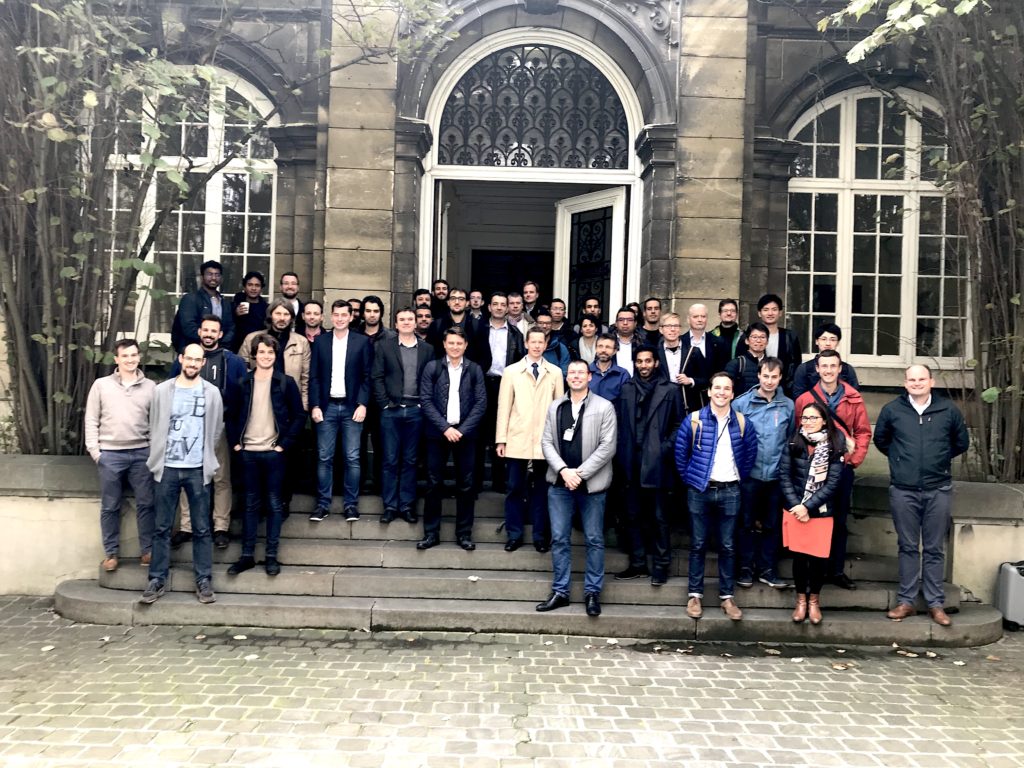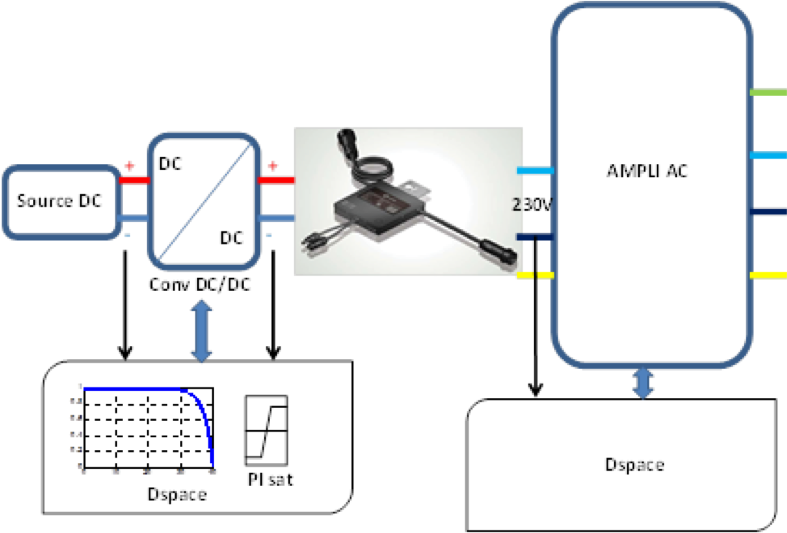Location: Lille, Dates: September 15th – 18th, 2025
We are excited to announce that L2EP, in collaboration with Opal-RT and MathWorks, is co-organizing an exclusive advanced training session:
Real-Time Simulation: a key enabler for the practical control design of Grid-Forming controlled power electronic converters
👉 Training Overview:
The proposed training provides a comprehensive approach to designing and implementing controller for grid-connected power electronic converters with a special focus on Grid-Forming control application.
Participants will explore the methodology for control design, progressing from offline simulation to real implementation, highlighting also Real-Time Simulation (RTS) and Hardware-in-the-Loop (HIL) techniques. The course covers automatic code generation for microcontrollers, ensuring seamless deployment of control algorithms. Additionally, key controller tuning principles will be reviewed to enhance practical understanding.
A specific focus will be placed on grid-forming converters, increasingly used in applications such as renewable energy integration and energy storage systems. Practical aspects, including converter control, startup sequences and protection mechanisms, will be addressed through lab experiments on a small-scale converter (see the figure below).
This training is ideal for engineers and researchers looking to bridge the gap between simulation and hardware implementation in modern power electronics.
Nb: Some materials will also be given on Grid-Following control but not practically implemented. The participants will receive Open models on Simulink (off-line and real-time) and codes of all the designed regulations.
💡 Key Speakers:
- F. Colas, Research Engineer, L2EP, ENSAM
- X. Guillaud, Full Professor, L2EP, Ecole Centrale de Lille
- C. Giraud-Audine, Full Professor, L2EP, ENSAM
Representatives from OPAL-RT and Mathworks will also provide an advanced initiation to their products.
📅 Training Details:
- 📍 Location: L2EP, ENSAM, Lille, France
- 📅 Dates: Septembre 15th – 18th, 2025
- 💰 Registration Fee: €2,950
💻 Apply Now:
Click here to complete the questionnaire
https://forms.gle/1VbmG9Mts4UVMfct5
📑 Program Details:
For a detailed program of the training, please refer to the full agenda here: Training Program
Only 10 spots are available, so hurry and apply! You will be contacted within 1 to 2 weeks after submission to confirm whether you have been selected to participate. If selected, you’ll receive a registration link to finalize your participation.
We look forward to welcoming you to this valuable training!













